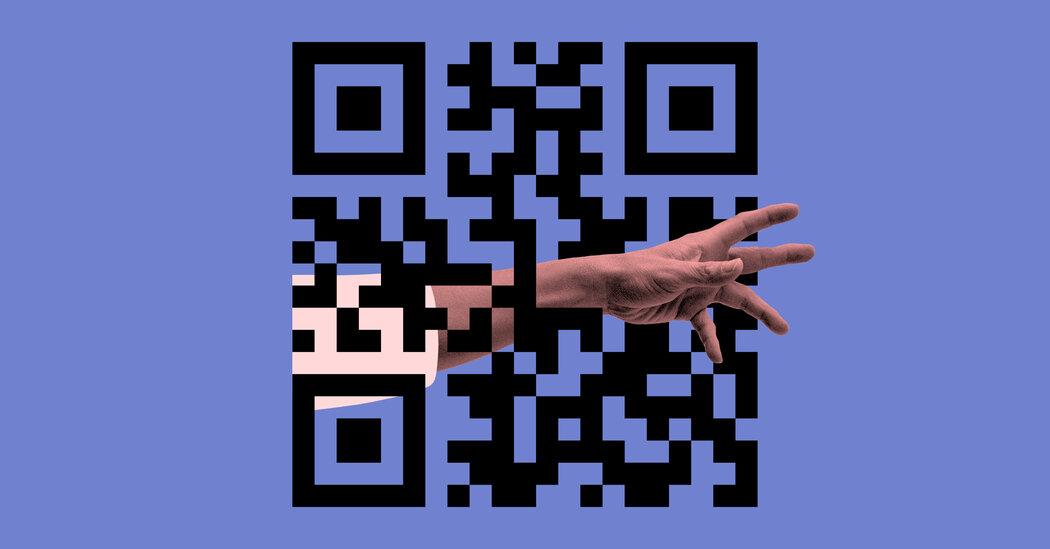
Dear Tripped Up,
I am a single American mother living in Jordan and working for the United Nations. In September 2019, I adopted my then 5-year-old son from China, and promised him we would return to visit his country every year. But the pandemic broke out. When China finally reopened to tourists in 2023, we got visas and booked a July flight to Beijing via Doha on Qatar Airways, paying about $1,400 total. My now 9-year-old had worked hard to maintain his language and was excited, but nervous. At that time, the Chinese government required passengers to fill out a “Health Declaration Form” in advance or upon arrival. The link on the Qatar Airways website was broken, but I confirmed online and with friends who had recently traveled to China that I could fill it out upon arrival. At the airport, Qatar Airways disagreed, and when I once again couldn’t get the form to work, we were denied boarding. My son collapsed on the airport floor, sobbing. I rebooked for the next day, and we flew to Beijing via Istanbul on Royal Jordanian and China Southern for $1,882. Neither airline requested to see the QR code showing my form had been approved: All passengers upon arrival were made to fill out new forms. Qatar Airways mostly refunded the tickets — we received $1,185 — but refused to admit it was wrong. Considering the more expensive last-minute flight and other costs (such as rebooking domestic flights and trains in China) we are out about $930. I believe the airline should provide a flight voucher that compensates us for that amount. Can you help? Elizabeth, Amman, Jordan
Dear Elizabeth,
Your run-in with the complex world of international travel documentation was especially devastating because of the emotional stakes this trip represented for your family. But confusion over documentation leads to denied boarding “thousands of times a day,” said Max Tremaine, the chief executive of Sherpa, a company that maintains a database of international entrance requirements for travelers.
Not to excuse Qatar Airways for what I will charitably call a vigorous over-enforcement of the rules, but those frontline airline workers facing long lines at check-in can have a difficult task, making snap judgments on whether travelers have sufficient documents or not.
Countries all have their own entry rules depending on the passports that travelers hold and where they are coming from, and airlines are fined when they mistakenly allow people to fly. The decision may be straightforward when their customers are an American family with valid passports headed direct from New York to London for a week’s vacation. But travel can be complicated — consider, say, when a Dutch banker is on his way to Bangladesh via Cairo or an Australian trapeze artist with a one-way ticket heads to a performance in Kyrgyzstan through Frankfurt.The pandemic only complicated this complicated system. In your situation, your itinerary had you going through Qatar Airways’ hub in Doha, meaning those behind you in line in Jordan were probably headed to dozens of countries, all with their own rules.
In its responses to your complaints, Qatar Airways cited information from Timatic, a system many international airlines use to track the ever-changing entry and departure rules. One email response read: “At the time of your travel, a QR code for China was mandatory before boarding the flight, and also as per Chinese regulations.”
When I contacted the airline, I got a similar answer in a statement from Craig Thomas, Qatar’s vice president for sales in the Americas. “Passengers traveling to China were required to complete an Online China Customs Health e-Declaration prior to boarding the aircraft,” he wrote, noting that local entry requirements are “often complicated” and that the airline is “committed to assisting our passengers in navigating any issues that may arise.”





